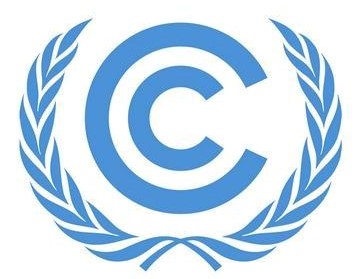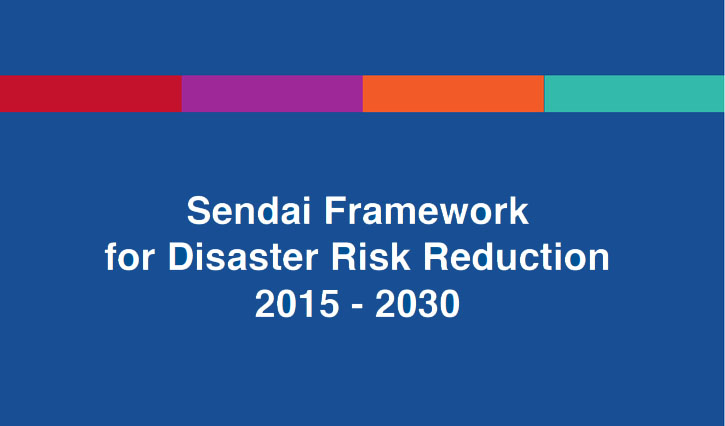Scientists and experts discussed and shared best practices in cryosphere and reducing the vulnerability of the population in Central Asia to glacial lake outbursts under climatic and cryospheric conditions
From 31 October to 1 November 2022 the Center actively participated in the second regional exchange workshop of the “Reducing vulnerabilities of populations in Central Asia region from glacier lake outburst floods in a changing climate (GLOFCA)” project in Almaty.
The workshop’s theme was “Assessment of downstream GLOF hazard and community hazard mapping.”
Leading researchers and experts in disaster risk management from around the world, as well as representatives of ministries of emergencies from Central Asia and international organizations attended the event.
In the first year of the project, the main task was to summarize the existing knowledge and practices on the identification and monitoring of potentially dangerous lakes. The experts developed the first chapter of the best practice guide to reducing vulnerability to glacial lake outbursts in Central Asia. When finalized, this document will be presented to the global audience as an example of the experience of Central Asia in this area. In addition to the theoretical part, it’s paid attention to the training component. Based on a needs assessment and capacity building that was conducted with national partners, as well as through surveys, themes are formulated and webinars and trainings for experts in reducing vulnerability to glacial lake outbursts are conducted.
Due to glacier melting and lake formation across Central Asia, there is an increased risk of Glacier Lake Outburst Floods (GLOFs), which confound and exacerbate water-related threats to mountain communities, their settlements, and livelihoods. GLOFs also threaten populations, livelihoods and infrastructure located in river floodplains and downstream areas.
The UNESCO Office in Almaty, together with the Republic of Kazakhstan, the Kyrgyz Republic, the Republic of Tajikistan and the Republic of Uzbekistan developed the GLOFCA project funded by the Adaptation Fund. The University of Zurich, Switzerland, serves as the main implementing partner of the Project.
The GLOFCA project aims to strengthen monitoring, analytical capacity, and the response capacity of institutions and government officials responsible for disaster risk reduction, emergency and climate change adaptation through community-based and gender-sensitive education and communication, and by establishing early warning systems supported by the necessary monitoring strategies.
On 1-4 November 2022, The Center actively participated in the conference “Cryosphere and related hazards in High Mountain Asia in a changing climate”, organized by UNESCO, in cooperation with the International Centre for Integrated Mountain Development (ICIMOD), Aga Khan Agency for Habitat (AKAH) and the Central Asian Regional Glaciological Centre, supported by the Government of the Republic of Kazakhstan,
The event brought together about 150 researchers, practitioners and policy makers, as well as representatives of government at various levels, youth and development partners from Central Asia, South Asia and around the world working in cryosphere, disaster risk reduction and the climate sector. For four days, they shared knowledge, best practices and ideas on sustainable development of societies in the face of climate change.
The conference was begun with a welcoming address by Mr. Magnus Magnusson, Director of the UNESCO Office in Almaty and UNESCO representative in Kazakhstan, Kyrgyzstan and Tajikistan. During the conference, reports on problematic issues in monitoring glaciers and changes in the cryosphere in high Asia were presented.
The main purpose of the conference was to assist scientists, specialists, organizations and operational agencies of emergencies in establishing contacts, exchange of experience, scientific and technical and commercial information, as well as to expand and strengthen scientific relations between scientists.
The conference was divided into three sections: new methods for seismic hazard assessment, seismic data collection, processing, seismic data analysis and earthquake forecasting, reliability assessment of buildings and constructions (certification) and seismic enhancement of objects. The program of the event also included a visit to the seismic station - the observatory «Medeo».
The conference “Cryosphere and related hazards in High Mountain Asia in a changing climate” is a platform to share knowledge, best practices, and ideas for the sustainable development of societies in High Mountain Asia (HMA) in the context of climate change. Discussions were focused on the climate-cryosphere-community nexus, contributing to the 2030 Agenda and Sustainable Development Goals (SDG), particularly SDG 6, SDG 11, SDG 13, SDG 17.
Within the framework of the conference, a bilateral meeting of the Center and UNESCO Office in Almaty, together with partners from the University of Zurich, was held to discuss future joint activities in Central Asia.
The UNESCO Bureau expressed its readiness to provide technical support to the meeting of the Regional Forum-Meeting of the Heads of Emergency Authorities of Central Asian countries in 2023. They agreed about the need to bring together the scientific community to achieve practical results, strengthen regional scientific and technical cooperation among the emergency authorities of Central Asian countries, international and non-governmental organizations, and scientific and educational institutions in disaster risk reduction and disaster management.
Also, the Center and UNESCO expressed their intention to cooperate in the implementation of the project Reducing the vulnerability of the population in Central Asian region from the breakthrough of glacial lakes in the conditions of climate change (GLOFCA). It’s planned to coordinate research on selected hazardous glacial lakes, establish early warning systems in pilot regions most at risk, carry out activities to enhance the capacity of agencies at the national level, as well as local communities for emergency preparedness caused by lake outbursts.















